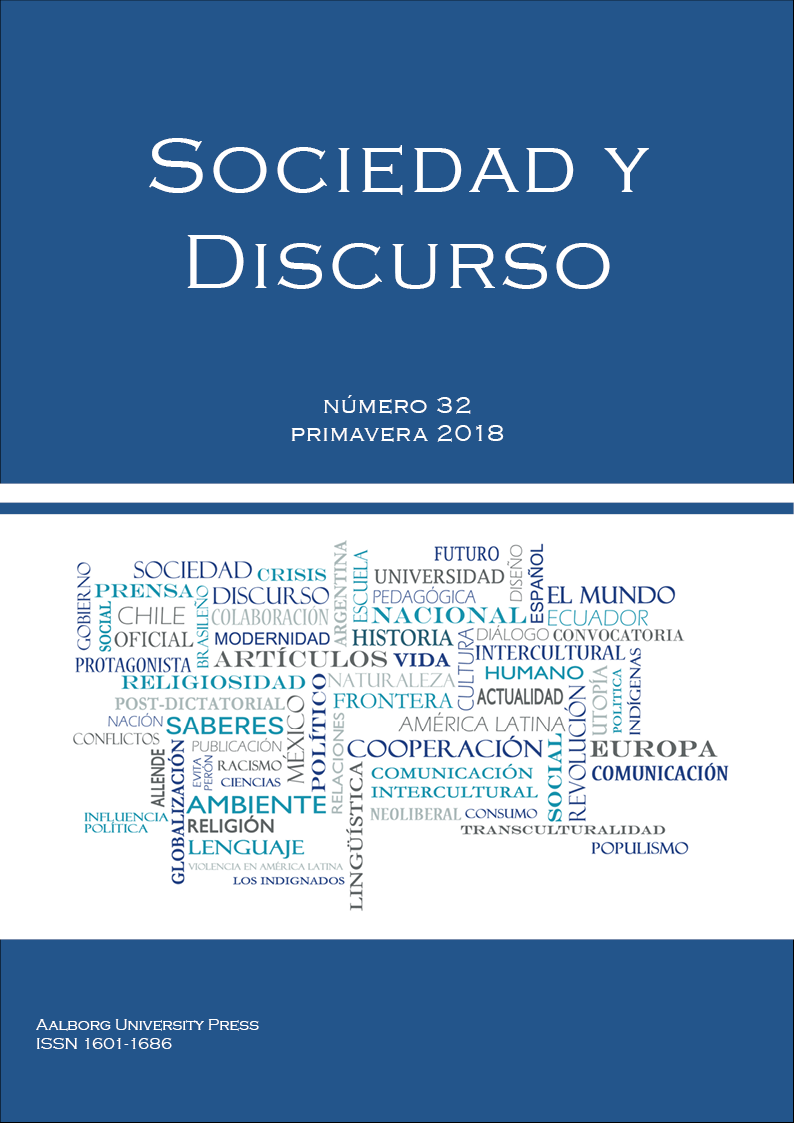Migrantes en Argentina: estrategias de control y relaciones de poder desiguales en sociedades interculturales.
DOI:
https://doi.org/10.5278/ojs.s%20&%20d.v0i32.2280Abstract
Abstract: The following article approaches the subject matters of the intercultural relations and the international migrations. Departing from the aim to analyze the problematic from the perspective of the host society, specifically, are analyzed the member's social representations of the judicial power of the Autonomous City of Buenos Aires. It is considered the idea of borders a dimension of central analysis, already be symbolic as material that the native try to raise opposite to the presence of the foreigner. In the pages that continue they present diverse categories of analyses that recount to the manners in which the above mentioned borders demonstrate in the intercultural relations that are established daily between migrants and members of the judicial system: cultural strangerhood, restricted rights, yesterday and today migrations and migratory regulation. The question that guides the analysis is: What are the symbolic and material boundaries established between natives and migrants and how does these consolidate relations of domination and inequality within the host society? It conducted a qualitative approach, where we interviewed to 50 members of the judicial system of the Autonomous City of Buenos Aires in the frame of the Project UBACYT 2011-1014. The interviews were recorded and textual typed for his later processing and analysis. Between the principal conclusions, we could have understood of what way in the process of building border between the members of the judicial power and the migrants there are relations of domination and, sometimes, the diversity is transfigured into inequality. In sum, the interculturality can include relations of dialog and consensus but also conflict and asymmetric relations of power.
Keywords: interculturality - migrations - judicial system - social representations - borders.
Downloads
Published
Issue
Section
License
Articles published in Sociedad y Discurso are following the license Creative Commons Attribution-NonCommercial-NoDerivs 3.0 Unported (CC BY-NC-ND 3.0)
Authors retain copyright and grant the journal right of first publication with the work simultaneously licensed under a Creative Commons Attribution License: Attribution - NonCommercial - NoDerivs (by-nc-nd). Further information about Creative Commons


